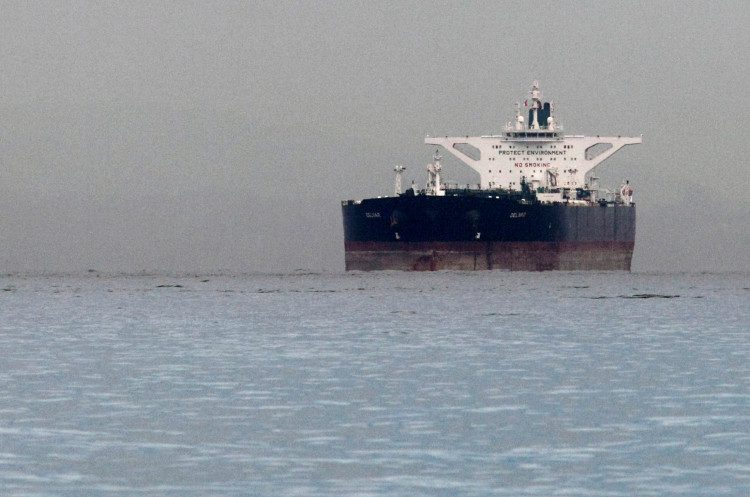While the majority of oil importing countries in Asia are flocking in to buy portions of the sanctioned crude products from Iran, South Korea did not reportedly make purchases of the said oil import in October, the data from Korea Customs Service revealed on Thursday.
The said data also showed that the world's fifth-largest oil importer procured a total of 13.1 million tonnes of crude in the past few months, which is actually a tad bit higher from last year's 12.4 million tonnes, a Reuters report said.
A separate report from the news agency also indicated Seoul's September crude imports which fell to zero for the first time since 2012, a clear signal that the South Korean oil industry has already cut its oil trading ties with the Middle Eastern country with the concerns that they might receive some backlash from the US government.
As previously reported here at Business Times, the Trump administration has implemented sanctions on Tehran with the aim to force the country to give up its nuclear and ballistic missile program, as well as withdraw its involvement in the conflicts going on in the region, particularly in Syria.
It the economic restrictions would come in two waves, with the first hitting Iran's exportation of gold and other precious metals like aluminum and steel. The sanction, which came in last August, also affected the embattled country's coal industry. Even more so, the US prohibits Tehran from using the greenback in all of its international transactions.
The second wave, which recently hit in the earlier week of November, targets Iran's bread and butter - its crude industry. This happens in such a way that the US excludes any crude products coming from Iran to be sold in the global oil market.
However, the Trump presidency decided to offer exemptions on countries such as China, Japan, South Korea, India, and Taiwan. This leeway allows the said Asian nations to import a certain amount of Iranian oil for a limited amount of time.
In Europe, the White House also carved out exemptions for countries like Greece, Italy, and Turkey.
Sources who claim to have knowledge of the issue tipped Reuters that South Korea was allowed to buy 200,000 barrels a day of Iranian crude, mostly condensate.
The importation data, which is slated to be published in the state-run Korea National Oil Corp (KNOC) later this November, further indicated that the country's purchasing amount of the said crude product was halved to 7.15 million tonnes in the period between January to October of this year. The data, however, did not provide a detailed breakdown of import types.






